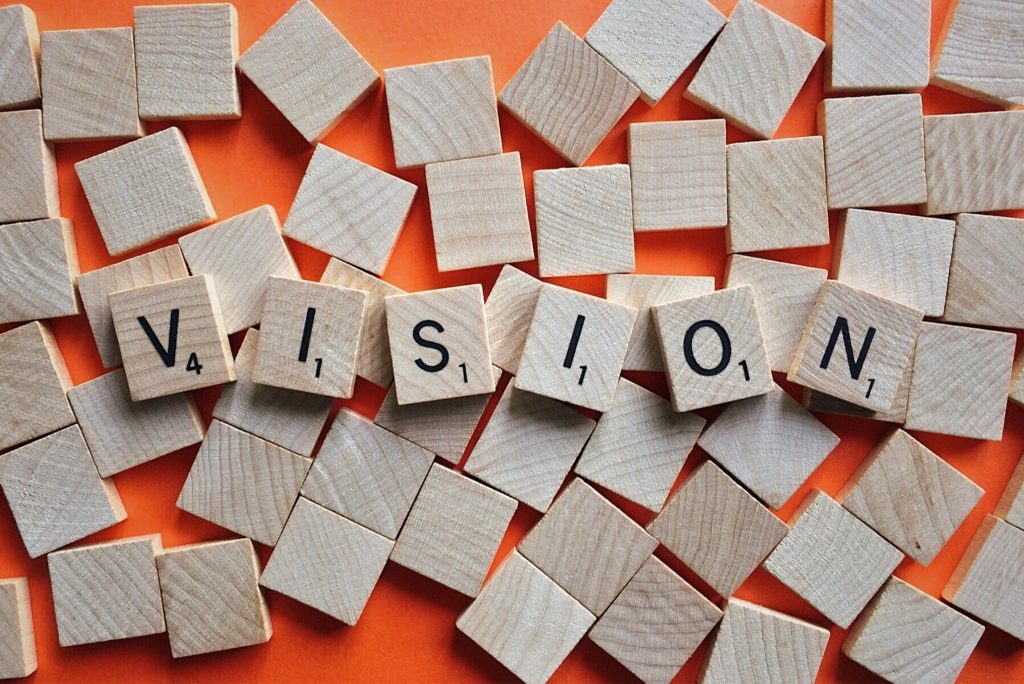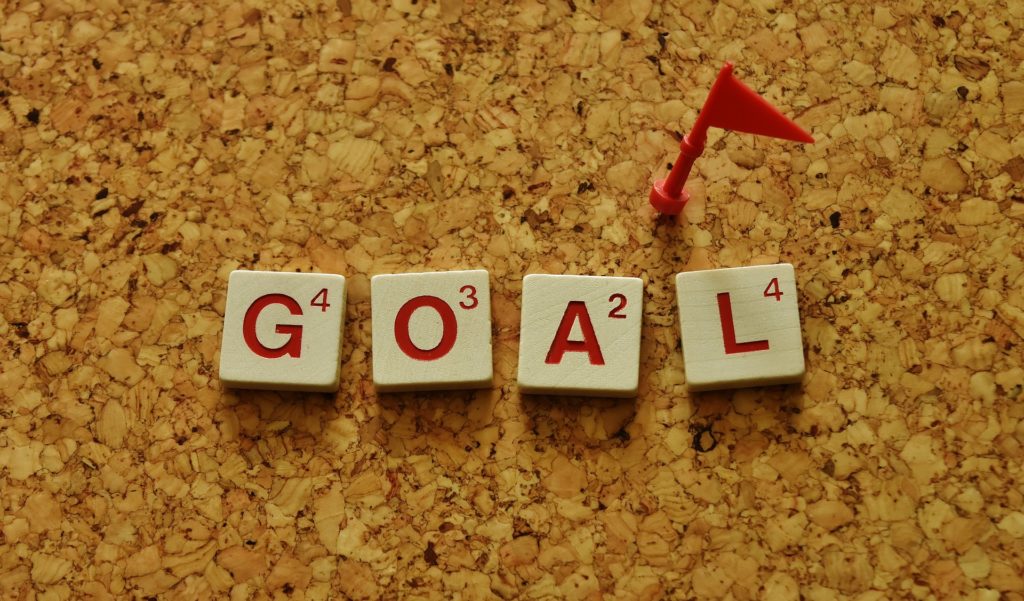The beginning of every year presents us with the rare opportunity to self-introspect. We must embrace the moment to celebrate our successes, identify our failures and chart a path towards ensuring such mistakes are not repeated. One significant thing we do during the start of the New Year is to set resolutions. A major aim of setting resolutions is to live a life of a higher quality by maximising our potentials and sowing seeds that affect society positively.
The time for such a routine is here with us again. Setting up goals to reflect our New Year’s Resolution. Among other things, the goals you set to achieve during the period under review will play significant role in your personal development and growth as a person, as well as your contributions towards the growth of your society. Achieving this could be daunting looking at the vicissitudes of life.
Realistic goals
To successfully execute and achieve your goals means setting up realistic goals. The idea is to look at the bigger picture using the smaller goals as the pivot to navigate towards the bigger things
Creating resolutions can be a good, productive way to set targets and purposes for the new year and beyond. The decisiveness to making positive changes, like self-improvement and saving money is always a good idea; one you should see through to the end.
Often, what we don’t realise is that the problem isn’t that we aren’t clever enough to stick to our resolutions, the problem is that we need to improve on making new year goals that are actionable and achievable,
else, it’s almost like setting yourself up for failure right from the beginning.
Change is hard, very difficult no doubt but we are people of habit and it is challenging to make lasting behavioural changes. Experts who work with people to get past barriers and make lasting changes, know that there are all sorts of things that can hold people back from attaining their goals.
Small mindset shifts and behavioural changes can actually make enormous variance in whether or not you’re able to stick with a resolution or goal.
Ever heard of SMART analyses?
SMART stands for specific, measurable, attainable, relevant and timely.
It’s an acronym used in a lot of businesses and also one that fitness professionals rely on to help their clients set achievable goals. It’s also a good choice for any New Year’s resolutions you’re considering over right now.
Making a goal SMART is a huge trick to spread your chances of actually sticking with it.
For many common New Year’s resolutions like losing weight, studying hard and saving money — executing this technique can be of great aid.
Let me give you an example of a SMART goal: I will exercise for 45 minutes twice a week. The non-SMART version of that will be: I will definitively start exercising every day. The first one poses out a goal that’s specific, measurable, attainable, relevant, and timely. The second one is unclear and offers no clear direction of how you’re going to do it.
Of course, you’ll also want to think about facts, like when this workout will fit best into your calendar, what activity you will really look forward to doing, and more. But thinking within the SMART framework first is a great way to get started formulating your goals.
Make little resolutions
To set yourself up for the best chance at success, make little resolutions. Something within your reach because creating a resolution that’s too big sets you up for failure.
The first key to success is taking in on one goal at a time, not three then do a quick reality check.
Look at the level of commitment it will demand of you to achieve, and consider if you’ll be able to match it. Be genuinely specific with your goals.
Saving money is a good goal but how do you go about it especially when you do not have a source of income? And how much? Without some definable limits, your best intentions can get lost in the shuffle.
The more comprehensive you can be, for example; I’m going to save HUF 50 a week and spend less on unnecessary things, the easier it is to stay focused on what you have to do to succeed.
Setting small, specific goals keeps you encouraged along the way and each time you meet one, you have reason to celebrate your progress.
Put down your goals in written form
It gives a greater sense of accountability, a reminder to yourself why the goal is important and a much better chance of achieving them.
Write it out and stick it on your fridge, the bathroom mirror, post them where you’ll see them clearly — your desk, the mirror and yes, that snooze button.
Honest reflection can help you to see how you may be harming yourself or to identify patterns of behaviour.
Your resolution should never be just another piece on your to-do list
Initially, it was new and exciting so you were inspired to make time for it; weeks in, the originality may fade so instead of trusting on pure desire or determination each day, plan ahead.
Carving out out time each day for you
It helps you pour into yourself. Reviewing your goal throughout the weeks and months it takes to get there is essential. Once you start making changes, you may find out that your original goal was a little unrealistic. Instead of sticking with it once you discover it’s perhaps not conceivable, you’re free to tweak the goal as you see fit. I would encourage that, even after a month, reassess your goals. And remember that it’s okay to slip up then get back on track.
If you lose strength or interest, it’s okay: having a lapse is common. How you handle it is what matters.
There are people who spend lots of time feeling guilty over their mistake, and others acknowledge the screwup but get right back on track. Guess who is more likely to succeed? One setback shouldn’t undo all your efforts and rather than stewing, try to avoid it.
Relying on others wouldn’t get you nowhere
Of course, asking people for support is clever, but to make your resolution achievable, work alone and be your own cheerleader. In fact, relying too deeply on a friend or anyone to get you to do something might actually lessen your motivation to work toward your goals. If your partner is great at getting you out of bed for your morning jog, what happens when they’re indisposed or away from home?
Without enthusiasm to hit the gym on your own or do the things you’ve planned for; you and the snooze button will become far too close.
Believe in yourself
Many a time we want to make a resolution, but don’t think that we can actually undertake it.
If you see that you’re ready to make your anticipated adjustment, commit to carrying it on but if not, think it through again and again or reformat your resolution
to be somewhat self-confident and when that goal is reached, the time to celebrate yourself is reached.
Written by Patricia Godwin










